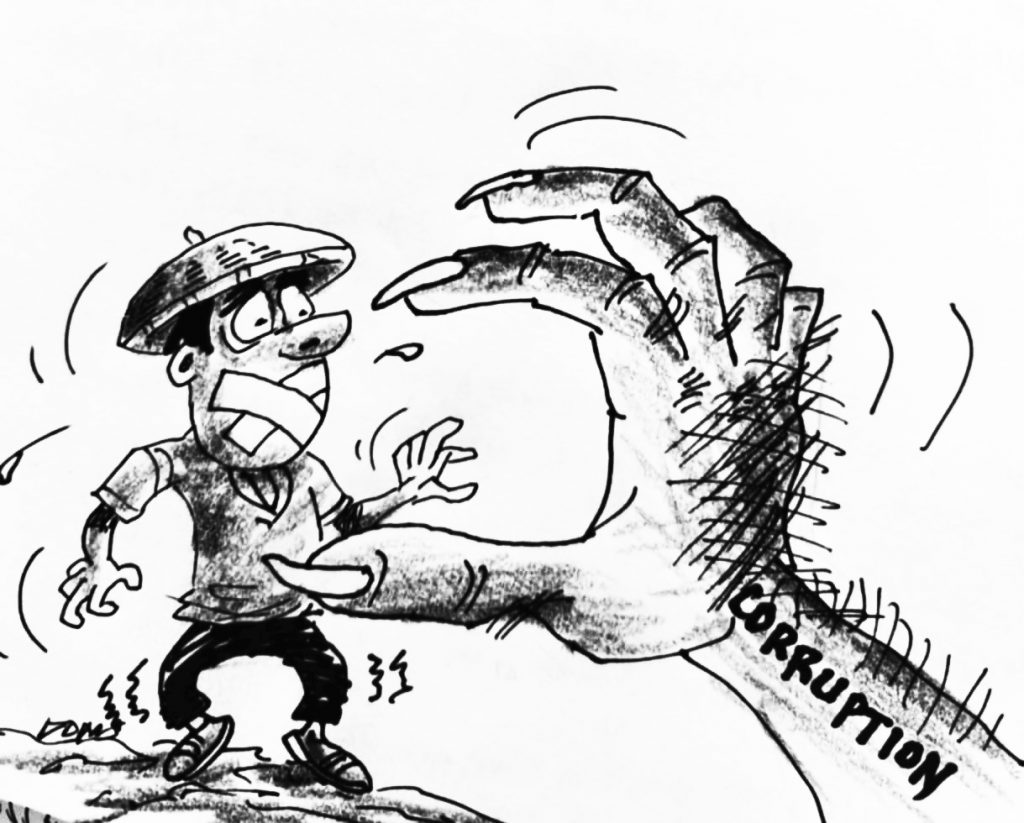People are now tired of political talk, especially about corruption. They want to move on and attend to more important things. Yet, no matter how we try to ignore it, the demand to stay vigilant remains strong. Weariness is real, but silence is dangerous. The nation faces a choice between exhaustion and responsibility.
People’s fatigue is understandable. Corruption has been exposed, debated, and condemned for decades, yet there have been minimal changes. Hearing the same scandals week after week can drain even the most patient citizen. This fatigue, however, is precisely what corrupt officials rely on. They wait for the public to lose interest, to tune out, to accept the rot as normal. When people grow numb, the thieves grow bold.
Refusing to talk about corruption would be the greatest gift to those who profit from it. It would leave them unchallenged, free to drain resources that should have gone to schools, hospitals, and public safety. Every peso stolen deepens poverty and weakens the country’s capacity to function. Silence does not stop corruption; it shelters it. It becomes a shield for plunderers who bank on public indifference as their strongest ally.
Complaints about “too much politics” reveal another problem: many expect change without participation. Democracy demands constant pressure from citizens, not just during elections but every time public funds are handled. Without scrutiny, corruption becomes routine. It embeds itself in institutions, shapes decisions, and eventually turns governance into a private business for a select few. Civic fatigue cannot replace civic duty.
To move forward, society must keep exposing wrongdoing while pushing for systems that make it harder to commit and harder to hide. Strong auditing, complete transparency in government spending, and guaranteed punishment for offenders can create an environment where corruption loses its comfort. Public vigilance must be matched with firm laws and decisive enforcement. That’s the way to break the cycle of corruption.




